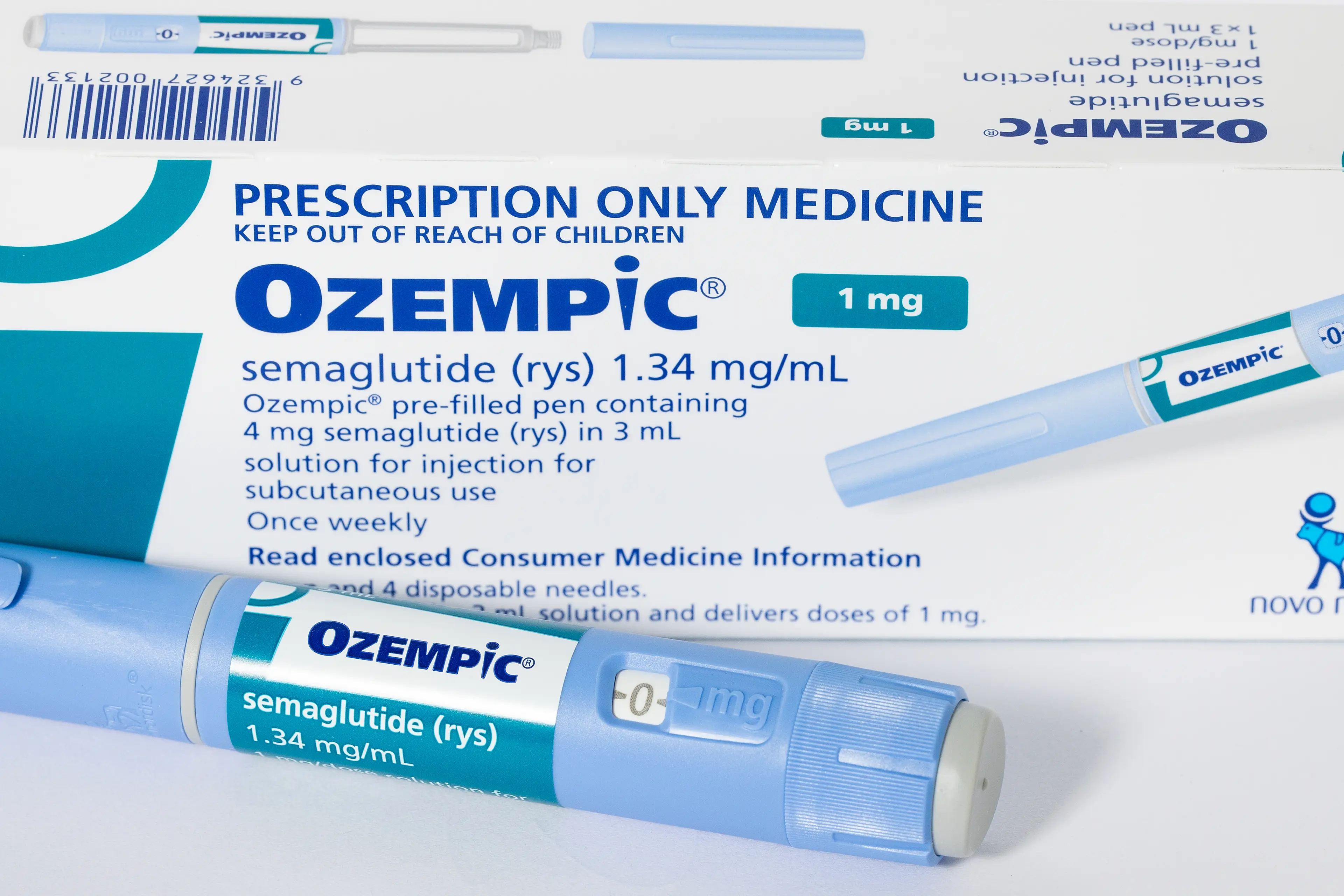
Scientists are putting out warnings after discovering some incredibly serious and harmful potential effects of drugs similar to Ozempic.
This comes from a multinational study, including researchers from across the United States, Brazil, Iran, and Israel, where 24 scientists have been investigating ‘GLP1 agonists’.
What these are is essentially a class of medications used for managing blood sugar and helping with weight loss, covering medications used for Type-2 diabetes that can trigger weight loss, such as Ozempic.
Ozempic - which has become incredibly popular amongst many celebrities who have been using it specifically for weight loss rather than for Type-2 diabetes - has had outspoken critics in recent years, including some famous faces who have spoken out against it.
Advert
Amy Schumer, who admitted to using the drug, stated she stopped using it due to side effects that left her ‘bedridden’.

She said: “I tried Ozempic almost three years ago and I was like, bedridden. I was like, vomiting — and then you have no energy. But other people take it and they’re all good.
"God bless them… I couldn’t lift my head off the pillow, so what’s the point?”
Researchers have added to fears around the drug, however, after calling for ‘urgent attention’ following a discovery that GLP1 agonists have a potential link to increased risks of depression and suicidal ideation.
It states that, while the class of medications may benefit those with high dopamine production, for those with low dopamine production it can have harmful effects.
The peer-reviewed study, published in Current Neuropharmacology, suggested that 'chronic use of these drugs could dysregulate dopamine signalling, potentially leading to depressive symptoms, mood disturbances, and suicidal ideation'.
Dr. Kenneth Blum, a senior author on the paper and Research Professor at Western University Health Sciences and Ariel University, said: "This study should not be ignored, despite the hype surrounding the positive clinical outcomes of GLP1 receptor agonists.
"We urge the clinical prescribing community to proceed with caution to avoid another tragic wave of 'people dying to lose weight'."
Professor Albert Pinhasov, the Provost of Ariel University, added: “While there are encouraging short-term benefits of GLP1 receptor agonists, we must acknowledge the potential risks highlighted in this study.
"These findings should encourage regulatory agencies and clinicians to investigate further, given the heterogeneity of the human population."
The European Medicines Agency have already initiated a review of GLP1 agonists, which covers drugs such as Ozempic, following reports of suicidal ideations as well as other negative side effect.
Dr. Kai Uwe Lewandowski, a Professor of Surgery at the University of Arizona School of Medicine and co-author of the paper, said: "Depression was the most commonly reported adverse event associated with these drugs, followed by anxiety and suicidal ideation. Our findings strongly support a need for further investigation to safeguard public health."

When approached by LADbible, a Novo Nordisk spokesperson said: "Patient safety is our top priority and we will continue to monitor reports of adverse drug reactions, including suicide and suicidal ideation, through routine pharmacovigilance.
"Independent research and preliminary findings from the UK Medicines and Healthcare Products Regulatory Agency (MHRA), as well as the U.S. Food and Drug Administration (FDA), and conclusions from a European Medicines Agency (EMA) analysis did not find an association between use of GLP-1RA medicines and the occurrence of increased risk of suicidal thoughts or actions. These findings align with data collected from our comprehensive clinical trials, including large-scale outcomes trials and observational studies.
"We welcome independent research investigating the safety, efficacy, and clinical utility of our products. We will continue to collaborate closely with the MHRA and other regulatory bodies on any analysis related to the safety of all our GLP-1RA medicines. We stand behind the safety of all of our medicines when they are used as indicated and when taken under the care of a licensed healthcare professional. The known risks associated with use of these medicines are reflected in their current approved product labelling.
"We recommend that any patients experiencing side effects while taking Novo Nordisk GLP receptor agonists report them to their healthcare provider and via the MHRA Yellow Card scheme: https://yellowcard.mhra.gov.uk/. Adverse events should also be reported to Novo Nordisk via the Customer Care Centre by calling 0800 023 2573."
Topics: Mental Health, Amy Schumer, Drugs